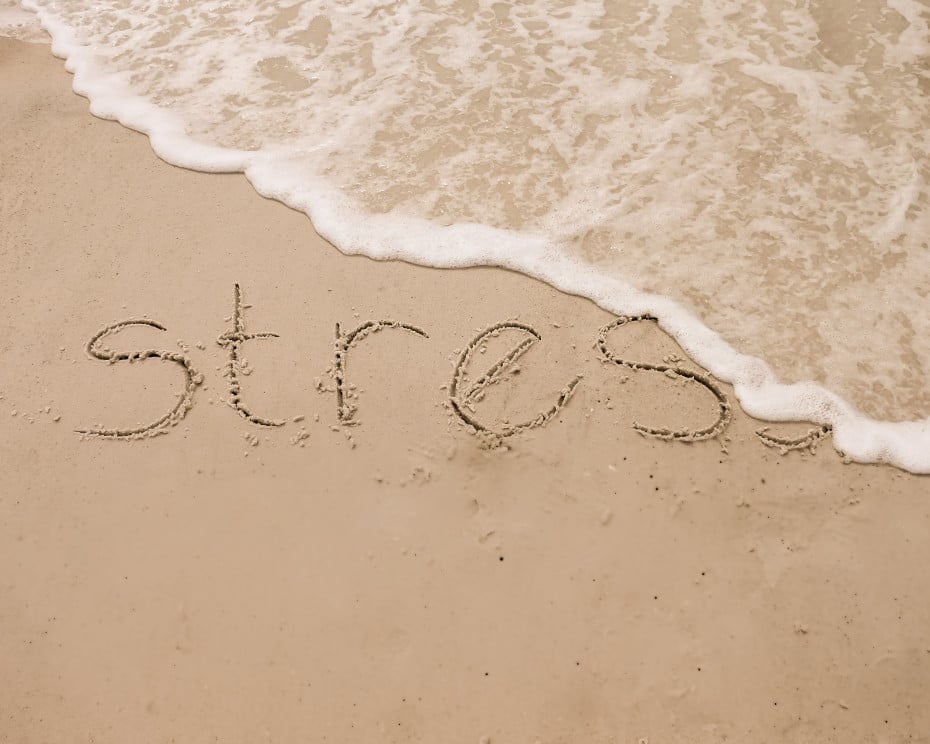Part Three in a Series
Read Time: 4:30 Mins.
Janet does not remember the car accident which changed her life. She recalls having a green light and going through the intersection, then, seeing a paramedic kneeling over her quickly waving a penlight back and forth over her eyes. Slowly, she realized he was asking her name, but his voice sounded slow and muffled, like talking through a tin can. “I’m not at the gym. Why am I wearing my earbuds without music playing?” she wondered as her brain struggled to make sense out of the chaos around her. As they loaded her into the ambulance, she passed out again. That was eighteen months and three surgeries ago. Experiencing serious, chronic pain during her recovery, Janet’s doctor prescribed oxycodone, a powerful opioid. Each month her tolerance to the drug increased while her willpower to fight it slowly eroded. Anger set in, followed by depression. Despite her doctor’s best intentions, Janet became addicted to the painkillers meant to help her. While her pain has eased, her daily cravings for relief and the pleasure the drugs brought her did not.
Like Janet, millions of Americans suffer from opioid addiction. Social, geographic, or economic status do not matter. There is no question that opioids and other painkillers provide needed pain relief. If you break a bone, suffer a serious injury or undergo surgery, strong, effective pain relief is readily available and effective. The issue is long term use of such powerful pharmacological drugs, and for many people, the addiction dangers they pose.
This is last of our initial three-part series dealing with the opioid epidemic crisis engulfing our nation. In our first article, we explored the beginnings of it, and that it affects every social class and region. We discussed how to get help in our second article, including how medical cannabis may play a role. In this story, we cover the agony of addiction, the science behind it based on published medical reports, and the personal toll it takes on people and their families.
Opioid addiction is a long-lasting (chronic) disease that can cause major health, social, and economic problems. Opioids are a class of drugs that act in the nervous system to produce feelings of pleasure, euphoria, and pain relief. Commonly prescribed opioids include oxycodone, fentanyl, buprenorphine, methadone, oxymorphone, hydrocodone, codeine, and morphine.
It is characterized by a powerful, compulsive urge to use opioid drugs, even when they are no longer required medically. Opioids have a high potential for causing addiction in some people, even when the medications are prescribed appropriately and taken as directed. Individuals who become addicted may prioritize getting and using these drugs over other activities in their lives, often negatively impacting their professional and personal relationships.
Back at work following the accident, Janet could not concentrate as she did before “That Day.” Her patience with clients soured and she became easily agitated. “Did everybody just get stupid when I was off?” was a common refrain spoken only to herself. Her co-workers noticed Janet’s change in attitude but didn’t know how to talk to her about it. Things weren’t much better at home. Her husband Anthony referred to it as walking on eggshells. So one day, she just quit, throwing the pill bottles in the trash. It did not go well. Withdrawal symptoms soon followed bringing with it muscle cramps and leg tremors, diarrhea, and anxiety. After ten days she called her doctor for a refill explaining she accidentally threw the bottles away thinking they were empty. The doctor renewed the ‘script and her priority was filling it. So she did. Nothing else mattered, resulting in her missing the opening of her six-year-old daughter’s dance recital and more eggshells at home.
Addiction experts report that the desire to feel “normal” again, to escape the ongoing state of dysphoria, puts addicts at high risk of relapse. Even more tragically, there is a greater risk of accidental opioid overdose and death. Janet’s agonizing failed attempt at quitting and then relapsing is hardly uncommon. It can be dangerous, and a user who returns to the same dosage after losing his or her drug tolerance risks respiratory slowing, possibly leading to death.
According to medical professionals, opioid addiction (like others) is a disease. Opioids change the chemistry of the brain and over time the dose needs to be increased to achieve the same effect. Taking opioids over a long period of time produces dependence that may lead to addiction, so when people stop taking the drug, they often experience physical and mental withdrawal symptoms. When the person stops taking the drugs, the body needs time to recover. This causes withdrawal symptoms. Withdrawal from opiates can occur any time long-term use is stopped or cut back.
Numerous studies conclude there is no single answer for opioid addiction and its causes are complex. This condition results from a combination of genetic, environmental, and lifestyle factors, some of which have not been identified. Many of the genes that are thought to play a role in opioid addiction are involved in the endogenous opioid system, which is the body’s internal system for regulating pain, reward, and addictive behaviors. It consists of opioid substances produced naturally within the body (called endogenous opioids) and their receptors, into which opioids fit like keys into locks. Opioids introduced from outside the body (called exogenous opioids), including opioid medications and heroin, also exert their effects by acting on these receptors.
Medicinal Cannabis and the Fight Against Opioid Addiction
Fortunately, the human body has other receptors that respond to cannabis as part of our natural endocannabinoid system. Many adults use medical cannabis to help with chronic pain among other medical conditions. This has the added benefit of reducing opioid reliance, and studies demonstrate that opioid prescriptions and corresponding potential abuse decrease in states that legalized medical marijuana for adults.
A study published in 2014 by the Journal of American Medicine concluded that “…access to medical cannabis may change overdose mortality related to opioid analgesics in states that have enacted them…Medical cannabis laws are associated with significantly lower state-level opioid overdose mortality rates.” In a 2017 study published by the AJPH, “legalization of cannabis in Colorado was associated with short-term reductions in opioid-related deaths. As additional data become available, research should replicate these analyses in other states with legal recreational cannabis.” That conclusion turned out to be accurate. A May 2018 JAMA study also found that “Medical cannabis laws are associated with significant reductions in opioid prescribing in the Medicare Part D population. This finding was particularly strong in states that permit dispensaries.”
Where Can You Turn for Help?
“Janet” is a fictional character but her symptoms and reactions are straight out of several medical reports similar to this one. Help is out there, and anyone suffering from opioid addiction should talk with their doctor or a healthcare professional. According to the National Institute on Drug Abuse, several treatment options exist for opioid addiction, including detoxification, medicine, counseling, and behavioral therapies. If you or a loved one need information, visit the Centers for Disease Control’s resources website.
Other resources include:
The American Society of Addiction Medicine
Substance Abuse and Mental Health Services Administration
American Academy of Addiction Psychiatry
Our nation, our communities, and our families recognize the serious nature of the opioid crisis and support is available. If you or a family member needs help with opioid addiction, seek professional medical advice, and explore how cannabis may be of the solution.
Do you know anyone dealing with this awful situation? Did cannabis play a role in the solution? Does it help your pain? Start a conversation on our social channels. We’re listening.
Philip Rebentisch is a writer and the Content Editor for Three Wells.




